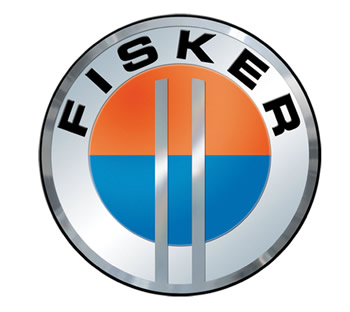Fisker eyes market for luxury green cars: Karma
 Detroit, Michigan - With a worldwide recession driving car sales sharply lower, this week's Detroit Auto Show left most carmakers touting cheap, fuel-efficient and even electric cars as the wave of the future.
Detroit, Michigan - With a worldwide recession driving car sales sharply lower, this week's Detroit Auto Show left most carmakers touting cheap, fuel-efficient and even electric cars as the wave of the future.
But Fisker Automotive, a California-based startup founded in 2005, is hoping the wealthy are just as interested in the environment as those looking to save money. The company rolled out a production-ready luxury sports car this week with a twin electric and petrol engine.
The Fisker Karma will retail at 80,000 dollars. The first 100 cars are likely to be delivered in late 2009 and another 7,500 will be produced in 2010, half sold in North America and half around the world. The carmaker hopes to reach annual sales of 15,000.
Sales of luxury cars have suffered more than most brands in this economic recession, but Fisker co-founder Bernhard Koehler is convinced that wealthy and environmentally-conscious buyers are still out there.
"About 1 million cars above 70,000 dollars are sold every year. This segment will always exist," Koehler, the chief operating officer of Fisker, said in an interview.
The electric Fisker Karma offers 2.4 litres per 100 kilometres, but it is still an uncompromising sports car. Its electric motors deliver 408 horsepower and a continuous top speed of 200 kilometres per hour. A petrol motor kicks in to recharge the battery after 80 kilometres.
For now, electric cars like the Karma - or the Tesla Roadster produced by another California startup - remain a luxury item. Cheaper models are still a few years away. General Motors Corp hopes to have its Chevy Volt plug-in hybrid ready by late 2010.
But Koehler believes ordinary consumers will get their chance as petrol prices rise and the cost of electric motors comes down.
"As not everyone can afford an 80,000-90,000 dollar car, it's up to us as car manufacturers to look towards achieving that goal as quickly as possible," said Koehler, who began his career as a designer with German carmaker BMW.
Koehler believes battery prices will come down in three to four years as more companies enter the electric business. That would allow Fisker, for example, to ramp up production to 60,000 cars and offer them at around 50,000 dollars.
"I'm very much of the opinion that the market, the consumers, are waiting for such a car," Koehler said. (dpa)